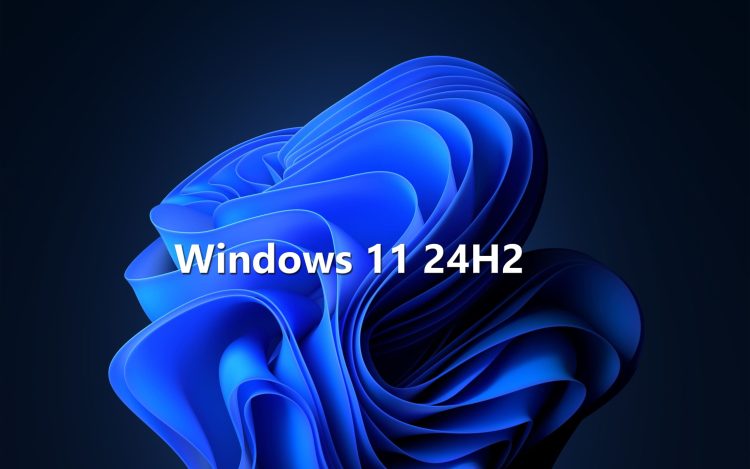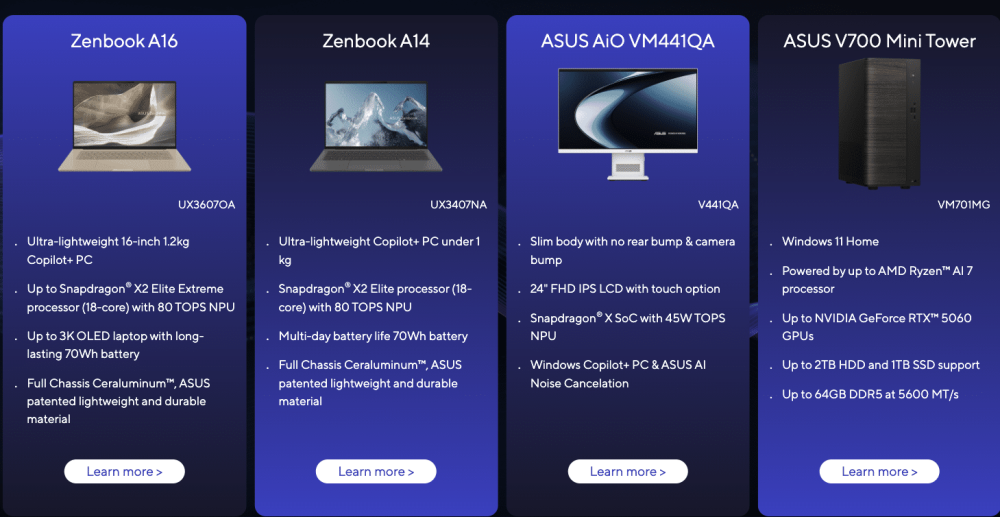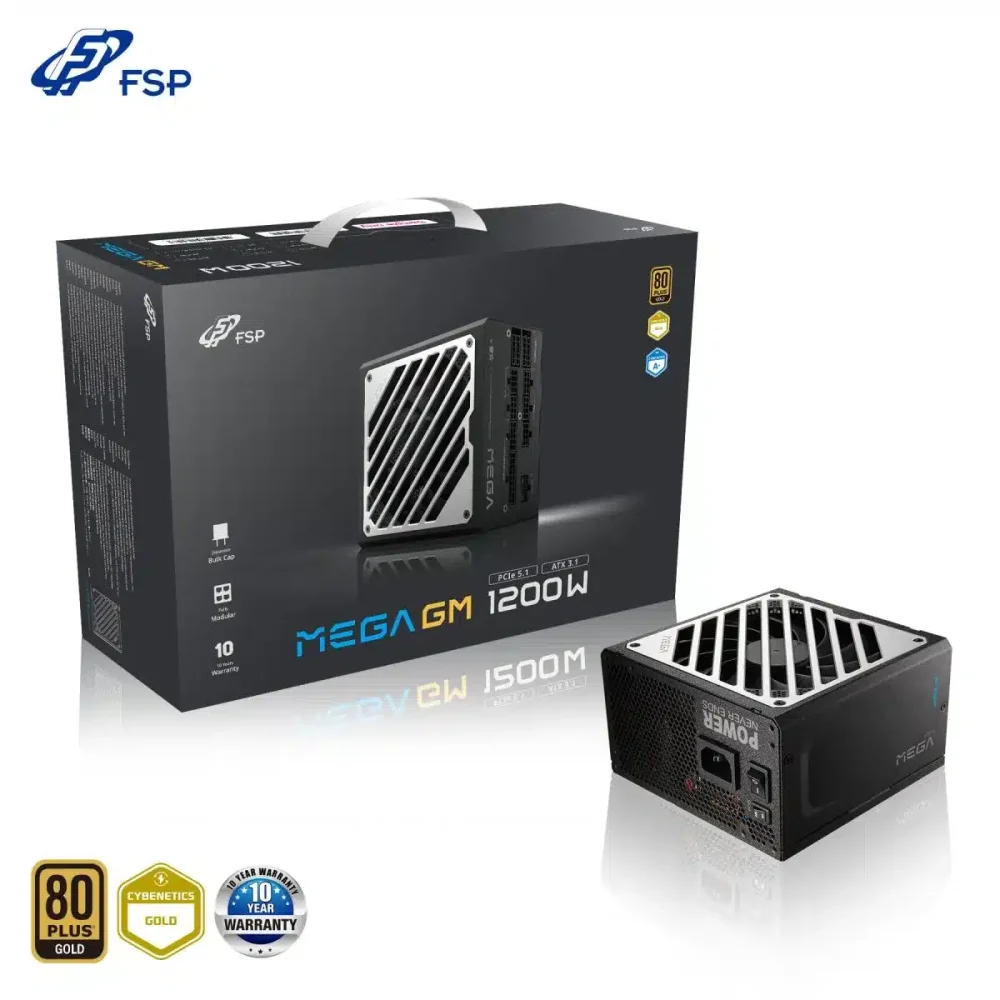Microsoft always tends to be ahead of the competition in the PC segment. It is not by chance that the most popular OS in the desktop/laptop category is Windows. So, it is only natural that Windows brings the A.I. into the consumer market first. Unfortunately, there are some requirements for the new features that, mainly older devices, won’t be eligible to run the newer version of Windows 11. Especially those that didn’t support Windows 11 without bypassing the core Microsoft requirements. For these devices, Windows 11 24H2 won’t be only “Non-Supported” but “Non-Bootable.” That means some AI features won’t be supported for the rest of the devices, at least not entirely.
The “2024 Update – version 26100” focuses on AI features, which means some newer requirements are necessary to run properly. The main requirement is an NPU (Neural Processing Unit) for the latest AI features. NPUs are primarily found in CPUs and outperform traditional CPUs and GPUs in running complex deep-learning algorithms. That results in better AI performance, making our PC an AI PC. If the NPU is present in our system, Windows AI features would be accessible in the newer version. NPUs are not widely used, though.
Only some newer processors, such as Intel Core Ultra, AMD Ryzen 8040, and Qualcomm Snapdragon X Elite, support it. And the Snapdragon X Elite is far better than the others. It is expected that the newer Intel and AMD processors that will be launched this year will include NPU support. But that is quite unfair for the rest of us who upgraded recently, and we weren’t aware of Microsoft’s plans. For example, one of Microsoft’s newer additions, AI Explorer, needs an NPU to run. Qualcomm’s one mentioned above is the only processor that supports it properly, so it will initially be featured only in ARM64 devices.

That means that even when it is available on all devices, most of them, even the newer ones, won’t support it unless you upgrade to a newer platform. Thanx Microsoft! AI Explorer will be a helpful addition that will help us with everyday tasks, even troubleshooting offline or online with real-time support. It sounds too good to be accurate, but don’t forget that it is another process, and processes are exploitable. So, I believe that Microsoft will enhance its security mechanisms to avoid them, at least the most concerning ones. Privacy matters as well.
But AI Explorer is not the only AI addition. Live Captions AI will translate different languages in real-time, like Adobe Premier’s AI Auto-Translation and Paint’s Live Canvas Panel, which seems like an AI canvas that can create designs or images according to our input. Of course, gaming and productivity are other segments that will be positively affected by the Automatic Super Resolution AI feature that promises to boost our overall user experience. As I already said, only on the supported devices. There is no official information about whether there will be stripped-down or compatible versions for the non-supported devices. We can only hope for the best or an upgrade for now.
Last but not least, the Windows 11 24H2 Update will render unusable devices that do not support SSE4. To be honest, that will affect devices with CPUs released around 2011 or earlier. These devices don’t support Windows 11 out-of-the-box in any way. So, it would have been better to stick to Windows 10 until EOL support or a light Linux distro. I can’t really blame Microsoft for this. Progress is progress. We have to upgrade if we want to be up-to-date eventually.
In any case, the 24H2 Update brings new interesting AI features. AI is steadily taking over and is vital in our everyday lives. Microsoft will eventually have to take the step, even if it is not done as it should (NPU, not NPC). Windows 10 was the last bridge between the old and the new age; likewise, Windows 11 is the last bridge between modern-day technological advancements and artificial intelligence. We are heading to the promising AI Age, and Windows 11 is a part of it. I hope Windows 12 will do it better and more fairly if and when it is launched. Till then, Windows 11 and its AI advancements are our best bet.


